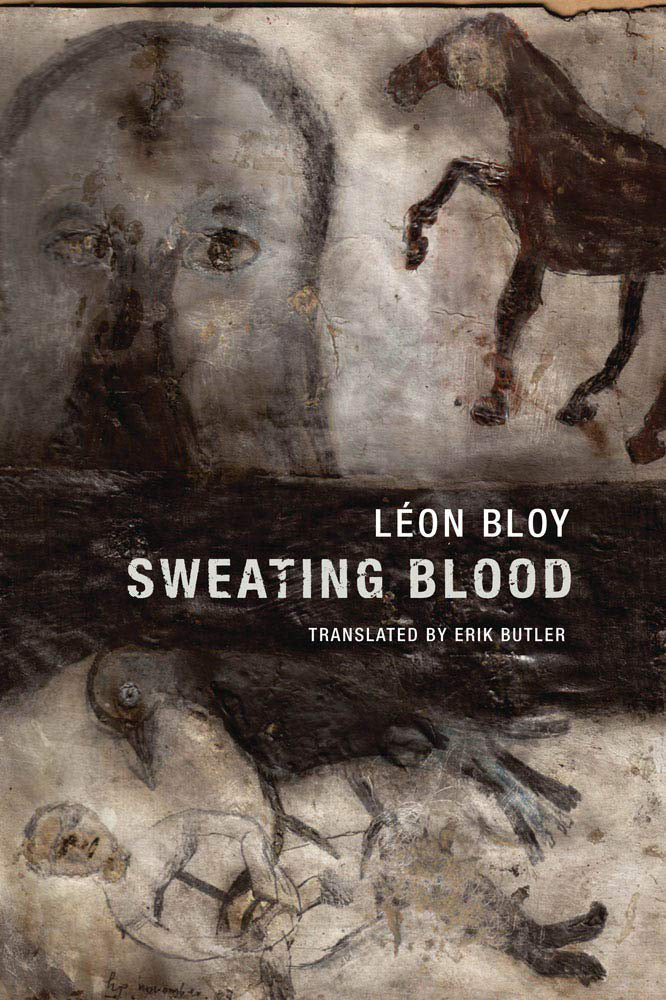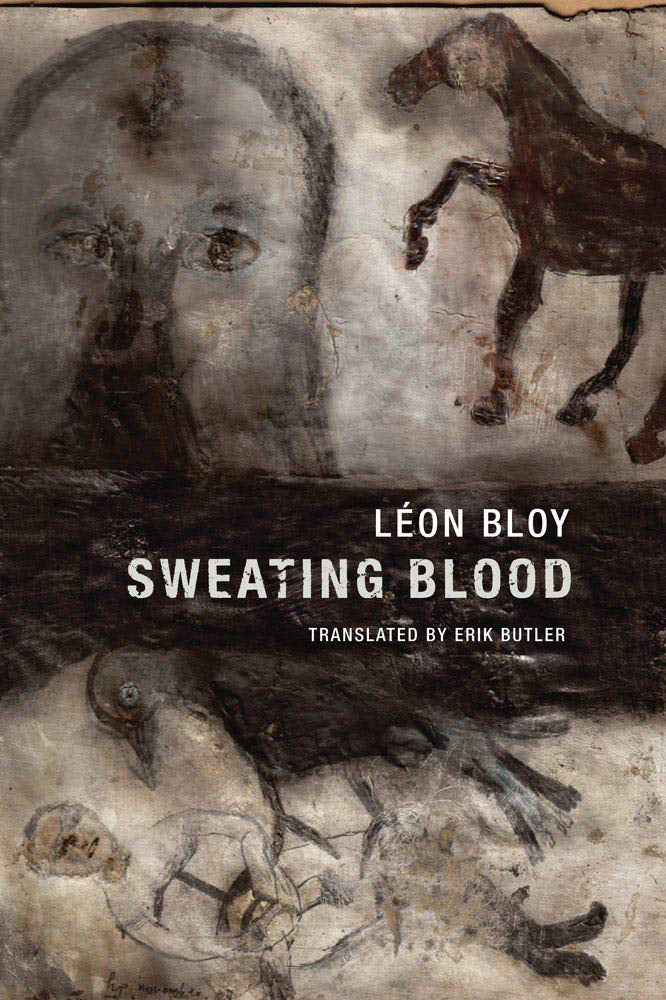Sweating Blood
Sweating Blood
Léon Bloy
Couldn't load pickup availability
Translated, with an introduction, by Erik Butler / May 2016 / 6 x 9, 232 pp. / 978-1-939663-17-7
First published in French in 1893, Sweating Blood describes the atrocities of war in thirty tales of horror and inhumanity from the pen of the “Pilgrim of the Absolute,” Léon Bloy. Writing with blood, sweat, tears, and moral outrage, Bloy drew from anecdotes, news reports, and his own experiences as a franc-tireur to compose a fragmented depiction of the 1870 Franco-Prussian war, told with equal measures of hatred and pathos, and alternating between cutting detail and muted anguish. From heaps of corpses, monstrous butchers, cowardly bourgeois, bloody massacres, seas of mud, drunken desperation, frightful disfigurement, grotesque hallucinations, and ghoulish means of personal revenge, a generalized portrait of suffering is revealed that ultimately requires a religious lens: for through Bloy’s maniacal nationalism and frenetic Catholicism, it is a hell that emerges here, a nineteenth-century apocalypse that tore a country apart and set the stage for a century of atrocities that were yet to come.
A close friend to Joris-Karl Huysmans, and later admired by the likes of Kafka and Borges, Léon Bloy (1846–1917) is among the best known but least translated of the French Decadent writers. Nourishing antireligious sentiments in his youth, his outlook changed radically when he moved to Paris and came under the influence of Barbey d’Aurevilly, the unconventionally religious novelist best known for Les Diaboliques. He earned his dual nickname of “The Pilgrim of the Absolute” through his unorthodox devotion to the Catholic Church and “The Ungrateful Beggar” through his endless reliance on the charity of friends to support him and his family.
“Monsieur Bloy is a prophet. He took care, in his writings, to certify himself as such for us: ‘I am a prophet.’ He was able to add: and a pamphleteer as well… The prophet makes hearts bleed; the pamphleteer flays skins; Bloy is a flayer of skins.”—Remy de Gourmont
“Bloy is a twin crystal of diamond and dung.”—Ernst Junger


